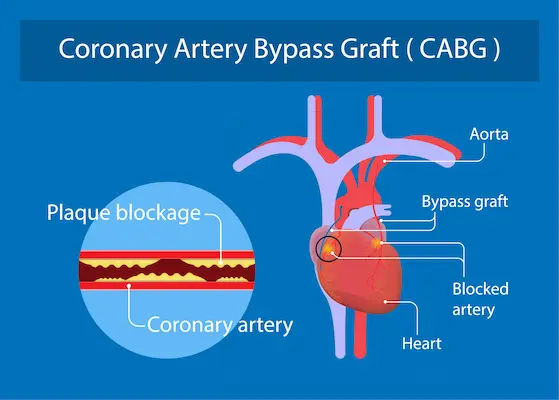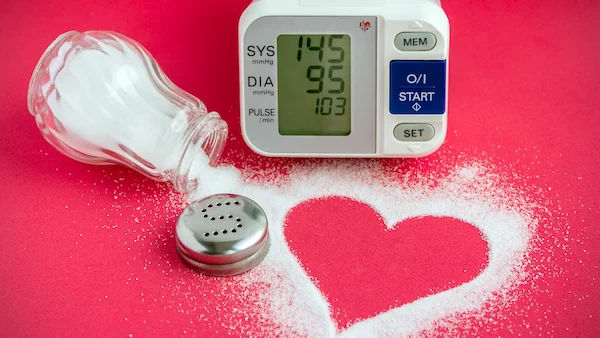- Male
- 21 Years
- 29/01/2025
I'm 21 and recently found out I have coronary artery disease. I'm really concerned and have a few questions. How might this affect my life expectancy? What kind of diet should I be following now? Are there specific precautions I need to be aware of in my daily life? Also, what exercises would be safe and beneficial for me? I'd really appreciate any other tips you think would help me manage this condition better.
Answered by 1 Apollo Doctors
Thats unusual,get your cholesterol checked and make changes in your lifestyle like food habits,sleep patter,weight,physical activity and follow your doctors advice
Dr. Dhankecha Suggests...
Consult a Cardiologist
Answered 04/07/2025
0
0

More Cardiology Health Queries
View allI'm really anxious about my severe mitral valve stenosis. I had a balloon mitral valvotomy in February 2019, and the valve size is now 1.8. Could you tell me when I might need a valve replacement and what my life expectancy might be with this condition?
Based on the information you provided, since you have severe mitral valve stenosis and have already undergone Balloon Mitral Valvuloplasty (BMV) in February 2019, with a resulting valve size of 1.8, it is important to monitor your symptoms closely. In cases of severe mitral valve stenosis, valve replacement may be necessary if symptoms persist or worsen despite previous interventions. For management of symptoms and to improve your quality of life, you can consider medications such as diuretics like Furosemide (Lasix) to help with fluid retention and Beta-blockers like Metoprolol to control heart rate. Additionally, anticoagulants like Warfarin may be prescribed to prevent blood clots. As for life expectancy with mitral valve stenosis, it can vary depending on the severity of the condition, response to treatment, and overall health of the individual. Regular follow-up with your cardiologist is crucial to monitor your condition and determine the best course of action.
Answered by 1 Apollo Doctors
So my mom had a very mild case of COVID, and it's been over two weeks since she's recovered, but she's been having this slight chest pain every now and then. It doesn't last long, like about 34 minutes at most. Im kinda worried about what could be causing this. Any idea what might be going on?
Chest pain that comes and goes after recovering from COVID-19 could be due to inflammation of the chest wall muscles or costochondritis. I recommend she take over-the-counter pain relievers like acetaminophen (Tylenol) 500mg as needed for pain relief. If the pain persists or worsens, she should consult with her healthcare provider for further evaluation and management.
Answered by 1 Apollo Doctors
I'm a bit worried because my heart suddenly started beating really fast, so I went to the hospital. After relaxing for about an hour, the problem seemed to go away. But now I'm left wondering what could have caused this. Could there be an underlying issue I should be aware of?
ecg,cardiac enzymes and echo is advised.
Answered by 1 Apollo Doctors
Disclaimer: Answers on Apollo 247 are not intended to replace your doctor advice. Always seek help of a professional doctor in case of an medical emergency or ailment.





.webp)